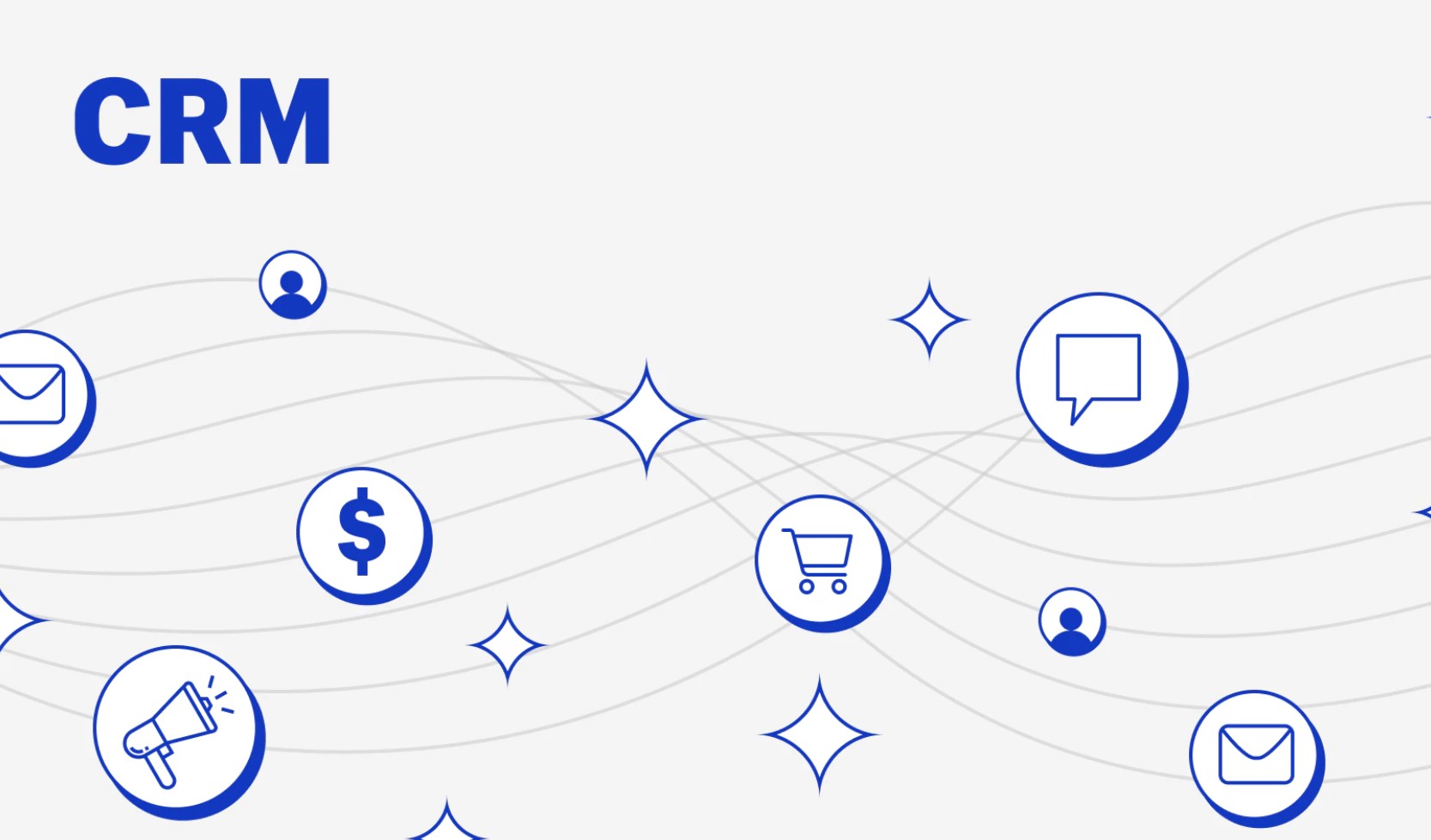In the dynamic world of business-to-business (B2B) interactions, building and nurturing strong customer relationships is vital for long-term success. One powerful tool that enables B2B companies to effectively manage their customer interactions and drive growth is Customer Relationship Management (CRM). In this article, we will explore why CRM is a perfect solution for B2B companies and how it can transform their business operations.
Conception B2B
Before diving into the benefits of CRM, it is important to understand the nature of B2B transactions. Unlike business-to-consumer (B2C) transactions, B2B involves complex sales cycles, multiple stakeholders, and higher value deals. B2B companies need to establish and maintain relationships with various decision-makers within client organizations to secure contracts and foster loyalty.
The Need for Effective Customer Relationship Management (CRM)
Effective CRM serves as a centralized hub for managing customer interactions, storing valuable data, and enabling seamless collaboration among sales, marketing, and customer support teams. By leveraging CRM, B2B companies can enhance customer engagement, drive revenue growth, and gain a competitive edge in their industry.
Benefits of CRM for B2B
|
Improved Lead Generation and Conversion |
CRM platforms provide robust lead management capabilities, allowing B2B companies to capture, track, and nurture leads effectively. With CRM, businesses can implement targeted marketing campaigns, personalize communications, and analyze lead behavior, leading to higher conversion rates and increased revenue. |
|
Enhanced Customer Engagement |
CRM empowers B2B companies to deliver personalized experiences to their clients. By leveraging CRM data, businesses can understand customer preferences, anticipate their needs, and tailor their offerings accordingly. This personalized approach strengthens relationships, fosters loyalty, and encourages repeat business. |
|
Streamlined Sales and Marketing Processes |
CRM systems streamline sales and marketing operations by automating tasks, tracking interactions, and providing real-time insights. B2B sales teams can manage their pipelines more efficiently, identify bottlenecks, and prioritize opportunities. Marketing teams can segment audiences, create targeted campaigns, and measure their effectiveness, resulting in improved collaboration and overall efficiency. |
|
Better Data Management and Analytics |
In the data-driven B2B landscape, accurate and comprehensive data is invaluable. CRM solutions enable B2B companies to capture, store, and analyze customer data, providing actionable insights for decision-making. With access to real-time analytics and reporting, businesses can identify trends, evaluate performance, and make data-backed decisions to optimize their strategies. |
Choosing the Right CRM Solution for B2B
To fully capitalize on the benefits of CRM, B2B companies must choose the right solution for their specific needs. When selecting a CRM platform, consider the following factors:
- Scalability and Customization – A CRM solution should be scalable to accommodate future business growth. Additionally, it should offer customization options to align with the unique processes and workflows of the organization.
- Integration with Existing Systems – Integration with existing systems, such as email marketing platforms and customer support software, is crucial for seamless data flow and holistic customer insights.
- User-Friendly Interface – An intuitive and user-friendly CRM interface promotes adoption and ensures that employees can effectively utilize the system, maximizing its potential.
Implementing CRM in B2B
Successfully implementing CRM requires careful planning and execution. Here are key steps for a smooth implementation process:
Aligning Sales and Marketing Teams
B2B companies should align their sales and marketing teams to ensure a unified approach to customer interactions and optimize lead management processes.
Training and Onboarding
Comprehensive training and onboarding programs should be provided to employees to familiarize them with the CRM system and its functionalities.
Continuous Monitoring and Improvement
CRM implementation is an ongoing process. B2B companies should continuously monitor system usage, gather feedback, and make necessary adjustments to maximize its effectiveness.
Overcoming Challenges in CRM Implementation
CRM implementation can present challenges such as resistance to change, data migration, and user adoption. To overcome these challenges, organizations should communicate the benefits of CRM, provide adequate training and support, and involve employees in the implementation process.
Case Studies: Successful CRM Implementation in B2B
- Company A: Increased Sales and Customer Retention
Company A implemented a CRM system and witnessed a significant increase in sales and customer retention. By leveraging CRM data, they personalized their offerings, improved customer satisfaction, and achieved higher revenue.
- Company B: Streamlined Sales Processes and Improved ROI
Company B streamlined their sales processes through CRM automation and achieved improved ROI. With a centralized platform, they optimized lead management, reduced manual effort, and enabled better collaboration between sales teams.
Future Trends in CRM for B2B
CRM is continually evolving to meet the changing needs of B2B companies. Future trends include advanced AI-powered analytics, integration with emerging technologies like chatbots, and enhanced mobile capabilities for on-the-go access.
CRM is a perfect solution for B2B companies seeking to optimize their customer relationship management efforts. By leveraging CRM’s benefits, B2B organizations can improve lead generation, enhance customer engagement, streamline sales and marketing processes, and make data-driven decisions. Successful CRM implementation requires careful planning, training, and continuous improvement. As B2B landscapes evolve, CRM will continue to play a pivotal role in driving growth and fostering long-term customer relationships.

